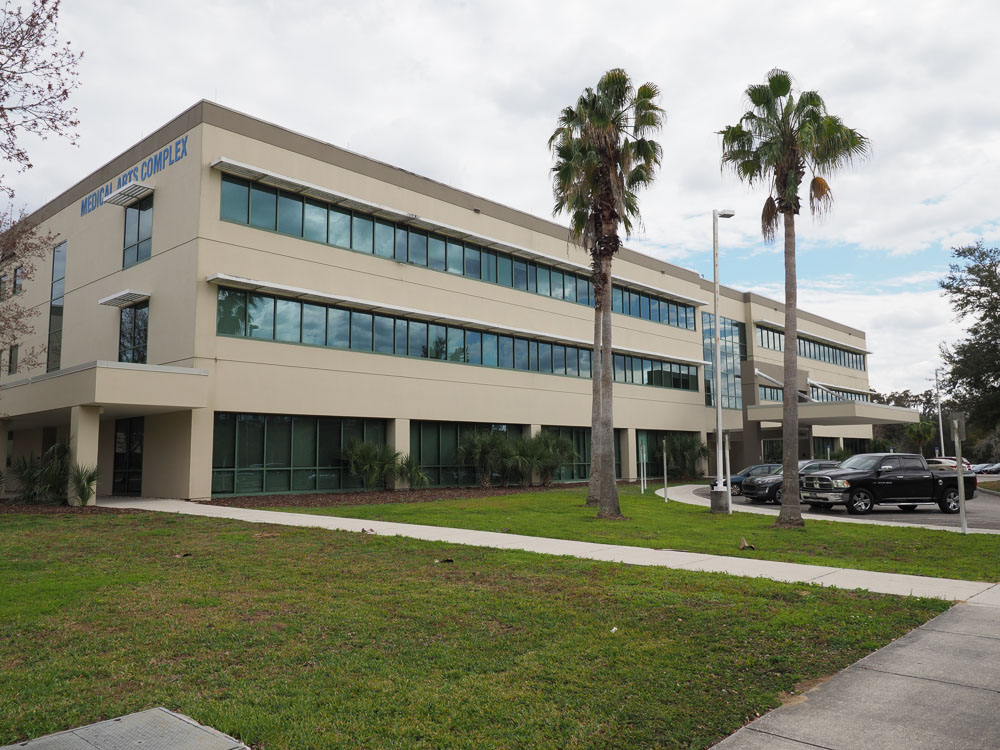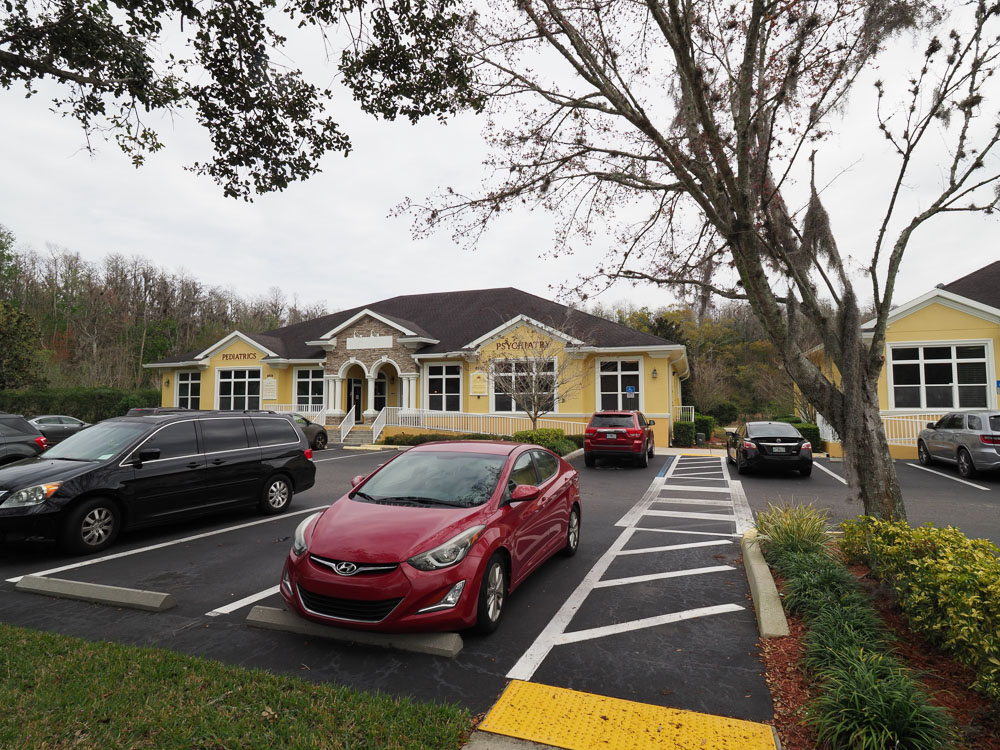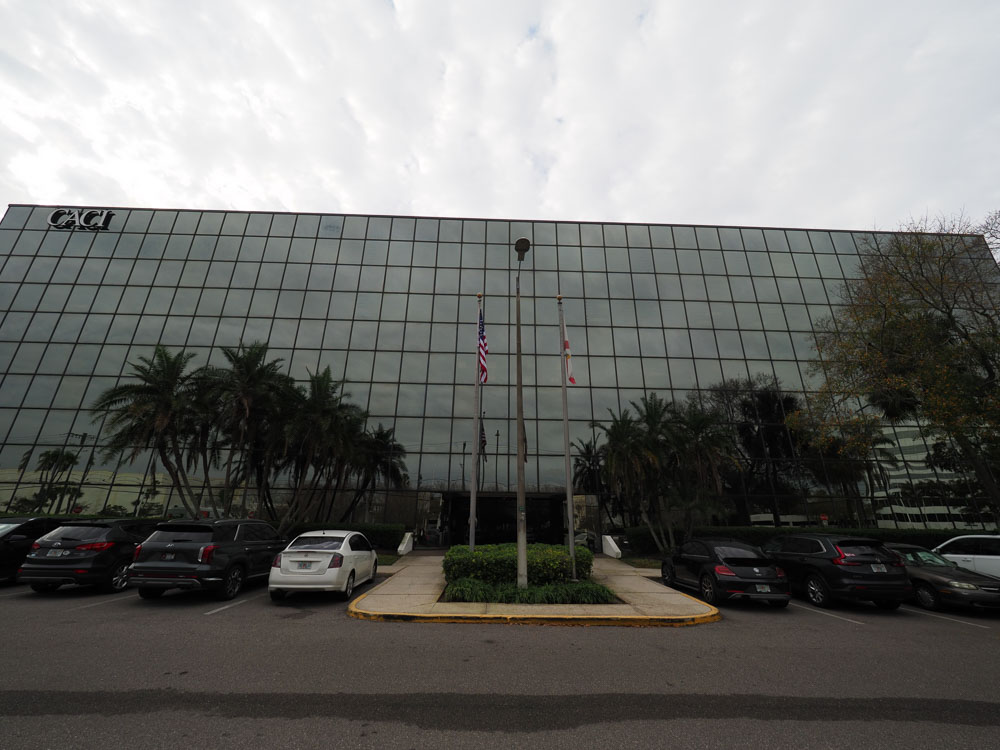
TMS Therapy for Depression in Brooksville, New Port Richey, Tampa, FL
TMS Therapy for Depression
TMS (Transcranial Magnetic Stimulation) therapy is an alternative
treatment for depression, especially for patients who struggle with
medication. TMS was approved and recognized as a treatment option for
depression in 2008 by FDA. Since then, it has continued to become
popular among many patients particularly so because of the reported
effectiveness of the therapy.
TMS therapy for depression is administered in sessions. The first
session is usually longer than the rest. Subsequent sessions take
approximately 30 minutes.
How TMS Therapy for Depression Works
TMS therapy for depression uses an electromagnetic coil. The coil is
placed on your scalp. Your doctor will then turn it on and off to create
some magnetic pulses. The pulses are sent to your brain to stimulate a
specific part that is responsible for controlling your mood.
Sessions are repeated daily in order to prevent recurrent depressive
episodes. The sessions are spread out over 6 to 8 weeks. Most doctors
administer 30 sessions.
TMS Therapy for Depression Vs. Other Treatments
Other treatments that involve brain stimulation such as Deep Brain
Stimulation treatment are invasive. TMS therapy is non-invasive.
TMS therapy doesn’t become addictive. There are some antidepressant
medications that cause addiction when used often. Patients who have
experienced this would be better off with TMS therapy.
TMS therapy has little to no side effects. Depression medications
commonly have side effects that include stomach problems, uncontrollable
weight gain, or severe headaches. TMS therapy does not have major side
effects. A patient may experience a little discomfort in the area where
the magnetic coil is placed. It rarely causes mild headaches.
If you have struggled with depression and have either gone through
talk therapy, antidepressant treatment, or other treatments without
results, try TMS therapy for depression. You are not alone, we have
experts to help you get through your depression. Contact us to learn
more.



